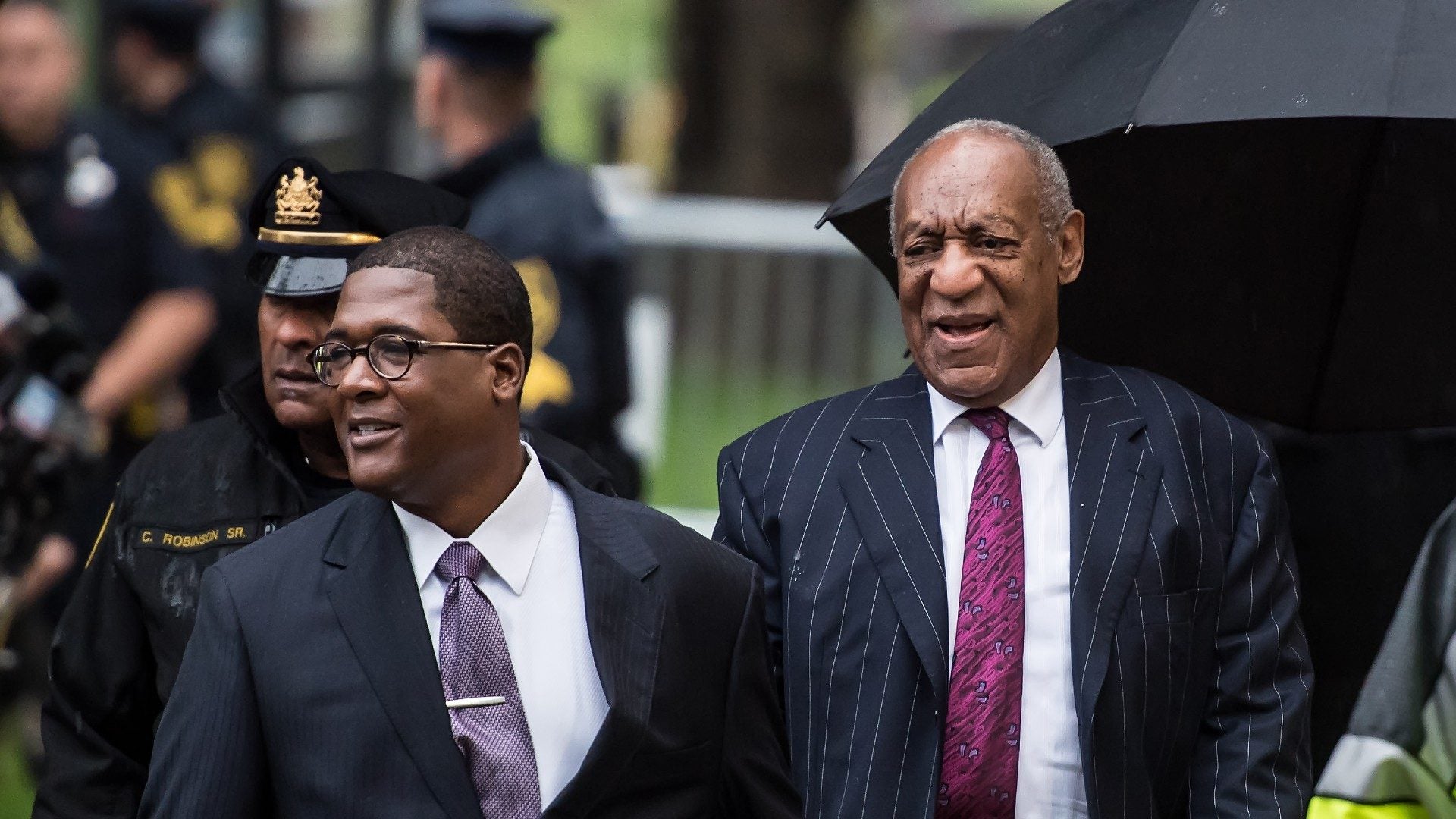
Bill Cosby’s 2019 sexual assault conviction was overturned by the Pennsylvania Supreme Court Wednesday. The high court ruled “that a ‘non-prosecution agreement’ with a previous prosecutor should have prevented him from being charged in the case.”
Per the court’s opinion, “When an unconditional charging decision is made publicly and with the intent to induce action and reliance by the defendant, and when the defendant does so to his detriment (and in some instances upon the advice of counsel), denying the defendant the benefit of that decision is an affront to fundamental fairness, particularly when it results in a criminal prosecution that was foregone for more than a decade. No mere changing of the guard strips that circumstance of its inequity.”
In layman’s terms, because the previous prosecutor made a decision to not charge Cosby, this essentially “opened the door for him to speak freely in a civil lawsuit against him” and produced testimony that was crucial to his conviction—making it fruit of the poisonous tree.
This move will allow the formerly beloved comedian to walk free after serving two years out of a three- to ten-year sentence at a state prison outside of Philadelphia. Cosby previously vowed that he would rather serve the entirety of his ten years instead of “acknowledge any remorse over the 2004 encounter with accuser Andrea Constand.”
Cosby was originally charged in 2015, just days before the 12-year statute of limitations was set to expire, when a prosecutor, “armed with newly unsealed evidence—Cosby’s damaging deposition from her lawsuit—arrested him.” Ultimately, he was convicted of both drugging and molesting Constand, a Temple University employee, at his estate in the suburbs.
Cosby was the first celebrity to go on trial and be convicted since the inception of the #MeToo era, so this reversal could have reverberating implications for future suits, with a potential of making prosecutors wary of pursuing other similar cases. Laws on prior bad act testimony, however, vary on a state-by-state basis, so this ruling will only hold weight in the state of Pennsylvania.
